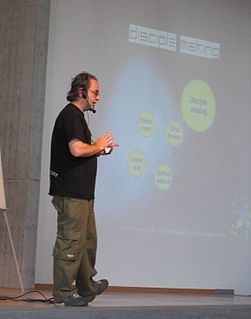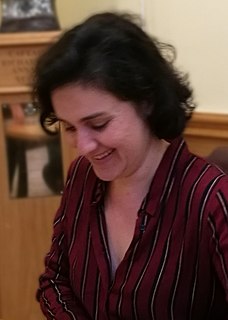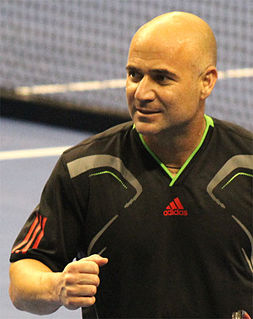A Quote by Nikolai Berdyaev
The Russian yearning for the meaning of life is the major theme of our literature, and this is the real point of our intelligentsia's existence.
Quote Topics
Related Quotes
At the present moment in our culture this yearning for meaning and consciousness, this yearning to give and serve something higher than ourselves, is breaking through the hard crust of our widespread cultural materialism and pseudo-scientific underestimation of what a human being is meant to be together with an equally tragic overestimation of what we human beings are capable of in our present everyday state of being. The intensity of the present confusion about the nature and existence of God is a symptom of this yearning within the whole of our modern culture.
A myth is a way of making sense in a senseless world. Myths are narrative patterns that give significance to our existence. Whether the meaning of existence is only what we put into life by our own individual fortitude, as Sartre would hold, or whether there is a meaning we need to discover, as Kierkegaard would state, the result is the same: myths are our way of finding this meaning and significance.
We must create the conditions for immigrants to normally integrate into our society, learn Russian and, of course, respect our culture and traditions and abide by Russian law. In this regard, I believe that the decision to make learning the Russian language compulsory and administer exams is well grounded. To do so, we will need to carry out major organisational work and introduce corresponding legislative amendments.
Most British playwrights of my generation, as well as younger folks, apparently feel somewhat obliged to Russian literature - and not only those writing for theatres. Russian literature is part of the basic background knowledge for any writer. So there is nothing exceptional in the interest I had towards Russian literature and theatre. Frankly, I couldn't image what a culture would be like without sympathy towards Russian literature and Russia, whether we'd be talking about drama or Djagilev.
It's no accident, I think, that tennis uses the language of life. Advantage, service, fault, break, love, the basic elements of tennis are those of everyday existence, because every match is a life in miniature. Even the structure of tennis, the way the pieces fit inside one another like Russian nesting dolls, mimics the structure of our days. Points become games become sets become tournaments, and it's all so tightly connected that any point can become the turning point. It reminds me of the way seconds become minutes become hours, and any hour can be our finest. Or darkest. It's our choice.
The intimate relation between humor and faith is derived from the fact that both deal with the incongruities of our existence. Laughter is our reaction to immediate incongruities and those which do not affect us essentially. Faith is the only possible response to the ultimate incongruities of existence, which threaten the very meaning of our life.
To most theistic believers, human life can have no meaning in a universe without God. Quite sincerely, and with understandable yearning for a meaning to their existence, they reject the possibility of no God. In their minds, only a purposeful universe based on God is possible and science can do nothing else but support thistruth.
We can trace back our existence almost to a point. Former time presents us with trains of thoughts gradually diminishing to nothing. But our ideas of futurity are perpetually expanding. Our desires and our hopes, even when modified by our fears, seem to grasp at immensity. This alone would be sufficient to prove the progressiveness of our nature, and that this little earth is but a point from which we start toward a perfection of being.
[People] might have a different word for the yearning of the heart and the yearning of the spirit that is looking for what I call "God," it still is the same thing. It is the heart's yearning to know the origin of its mystery. It's a heart's yearning to know the power of the divine in each of our lives. It's a heart's yearning to be connected to that.








































